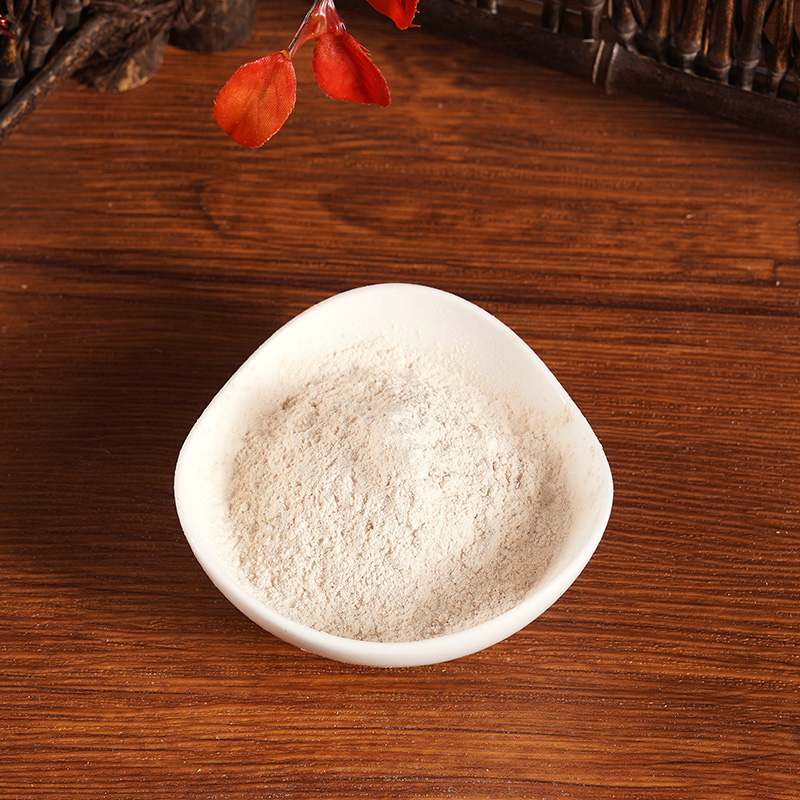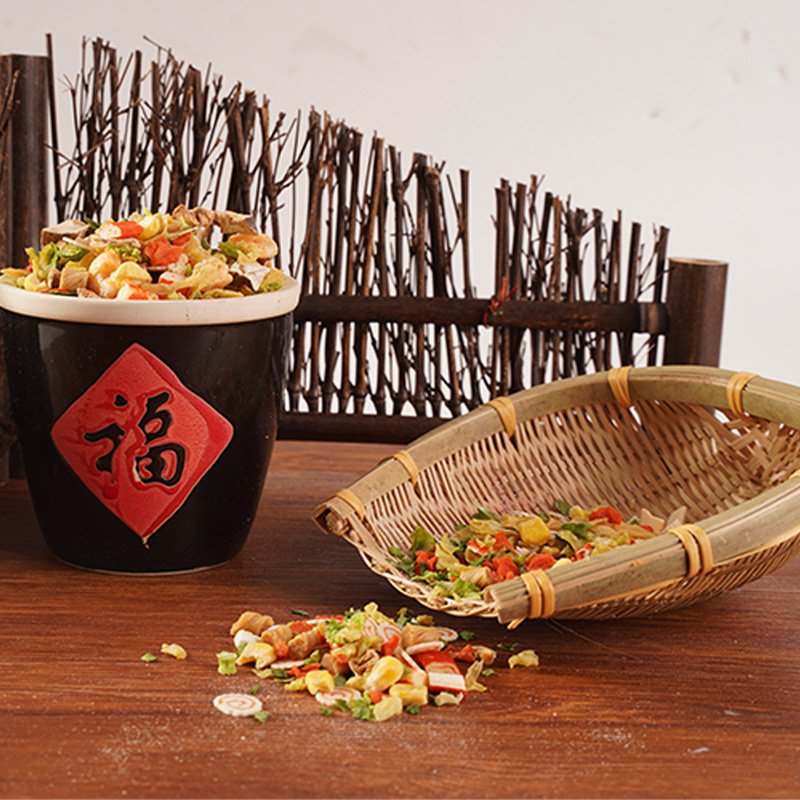Can Dehydrated Vegetables Truly Help You Reduce Kitchen Food Waste?
In an era where sustainability and reducing food waste are becoming increasingly important, dehydrated vegetables are gaining attention.
Understanding Dehydrated Vegetables
Dehydrated vegetables are vegetables that have had most of their water content removed through drying processes. This technique extends their shelf life and makes them easier to store without refrigeration.
Benefits of Dehydrated Vegetables
- Extended Shelf Life: Dehydrated vegetables can last months, even years, reducing the likelihood of spoilage.
- Reduced Food Waste: Since they stay fresh longer, you are less likely to throw away vegetables that have gone bad.
- Convenience: They are lightweight, easy to store, and perfect for quick meals or emergencies.
- Preserved Nutrients: Properly dehydrated vegetables retain most of their vitamins and minerals.
How Dehydrated Vegetables Help Reduce Kitchen Food Waste
Many households struggle with fresh vegetables spoiling before they can be used. Dehydrated vegetables provide a solution:
- Plan Ahead: Keep a stock of dehydrated vegetables to supplement fresh produce when supplies run low.
- Portion Control: Use only what you need, preventing leftovers from being thrown away.
- Long-Term Storage: Bulk purchase and store dehydrated vegetables without worrying about expiration dates.
Practical Tips for Using Dehydrated Vegetables
- Rehydrate by soaking in water or broth before cooking.
- Add directly to soups, stews, and casseroles.
- Blend into sauces or powders for seasoning.
- Combine with fresh vegetables for enhanced flavor and nutrition.
Frequently Asked Questions (FAQ)
Are dehydrated vegetables as nutritious as fresh ones?
While some water-soluble vitamins may be reduced, most minerals, fiber, and other nutrients remain intact, making them a nutritious alternative.
How long can dehydrated vegetables be stored?
When stored in airtight containers in a cool, dry place, dehydrated vegetables can last from 6 months to several years, depending on the type.
Can dehydrated vegetables save money?
Yes! By reducing spoilage and extending shelf life, you can lower grocery bills and make better use of your purchases.
prevNo previous article
nextWhat's the Difference Between Freeze-Dried and Air-Dried Dehydrated Vegetables?
News Category
- Company News(1)
- Industry News(80)



 English
English русский
русский 日本語
日本語 한국어
한국어 中文简体
中文简体












